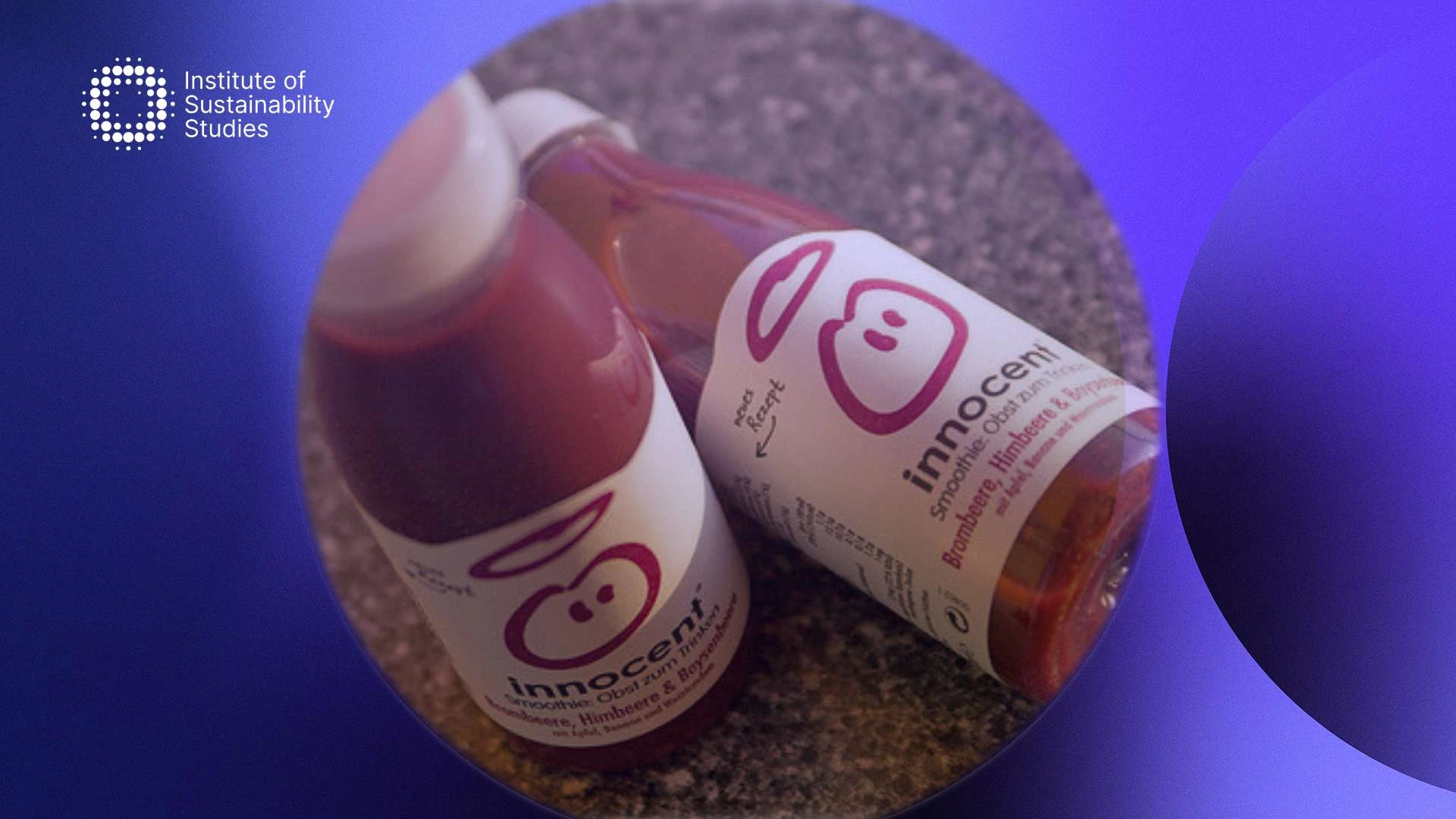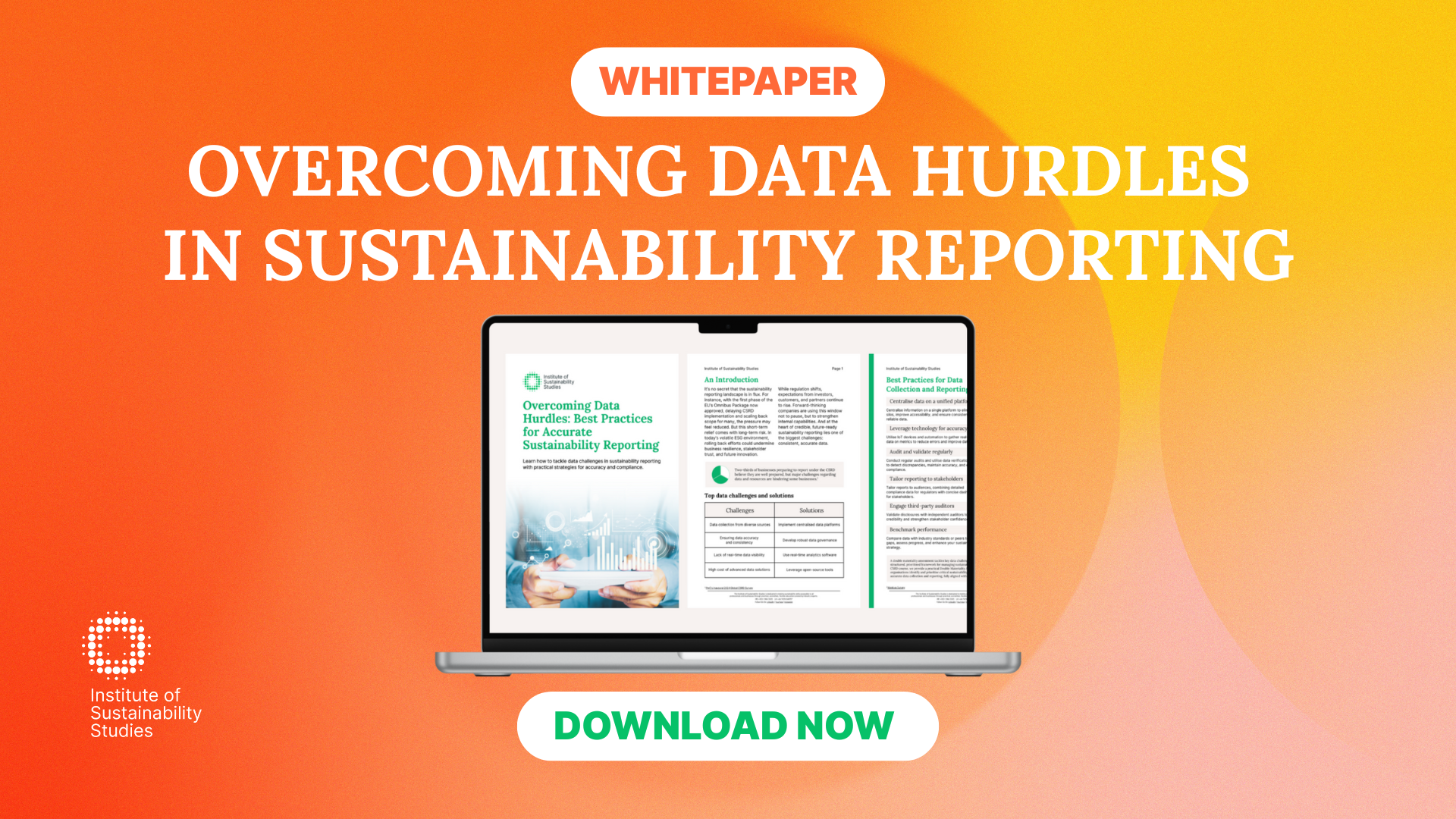Fair trade products are becoming increasingly common in today’s world, where people have a greater understanding of their purchasing power. Richer countries purchase a lot of produce from developing countries, and unfortunately, this results in unfair terms of trade a lot of the time.
This desperately needs to change, so farmers and workers are no longer taken advantage of. Fairtrade UK has released statistics that say cocoa farmers, for instance, only receive 6 percent of the final value of a chocolate bar. Unsurprisingly, this leaves them with very little profit and dramatically impacts their livelihoods. Embedding fair trade principles into business sustainability strategies is essential for addressing these inequities and creating more ethical, resilient supply chains.
About fair trade
Put simply, Fairtrade is a form of certification that strives to ensure a specific set of standards are met during the production and supply of an ingredient or product. The term Fairtrade relates directly to workers’ rights and encompasses things like fairer pay rates and safer working conditions.
For consumers who purchase Fairtrade products, it means buying ethically produced, high-quality products. Those who choose to purchase fair trade products support equality and fairness for farmers and are helping to create change. These simple yet impactful purchasing decisions show governments and businesses you stand for just and fair trade.
Fairtrade is also a worldwide movement consisting of companies, producers, advocates, organizations, and consumers prioritising people and the planet. It is all about backing businesses that are responsible and enabling their workers to protect the environment.
The Fairtrade Certified label is how you determine whether a product is fair trade. This rigorous, globally recognised, award-winning sustainable sourcing certification programme safeguards the planet, enhances livelihoods, and creates more transparent and resilient supply chains.
Products with this label have met the most rigorous environmental, economic, and social standards. This could include ensuring safe working conditions, sustainable livelihoods, and environmental protection. The Fair Trade movement also contributes to a number of the Sustainable Development Goals (SDGs).
Foster an inclusive workplace by mastering Diversity, Equity and Inclusion strategies with our online Certificate course
Why is fair trade Important?
According to Irish News, ethical shoppers are driving the retail revolution as they shift towards brands and products that care for the people, planet, and animals. Consumers today are using their buying power to vote in favor of eco-friendly goods and supplies that have been manufactured ethically by responsible businesses and cause minimal harm.
Selecting fair trade products is their guarantee that the product was traded ethically and improves livelihoods, protects the planet, and supports better working conditions. Fairtrade offers disadvantaged workers and farmers better prices for their crops. This allows them to enhance their lives because they are guaranteed safe working conditions and a good wage. Fairtrade is also a driver of sustainable agriculture.
Conclusion
There are lots of ways you can support Fairtrade to ensure farmers are valued and lead sustainable and enhanced lifestyles. Simply selecting products with the fair trade label is an excellent start. Additionally, do your due diligence and research brands to ensure they are ethical. The more people purchase fair trade products, the more people show their commitment to good pay, improved conditions, and sustainable agriculture. To better understand how fair trade fits into broader sustainability efforts, explore our sustainability training Ireland and gain the skills to build more ethical, responsible business practices.
Dedicated to harnessing the power of storytelling to raise awareness, demystify, and drive behavioural change, Bronagh works as the Communications & Content Manager at the Institute of Sustainability Studies. Alongside her work with ISS, Bronagh contributes articles to several news media publications on sustainability and mental health.
- Bronagh Loughlinhttps://instituteofsustainabilitystudies.com/insights/author/bronagh/
- Bronagh Loughlinhttps://instituteofsustainabilitystudies.com/insights/author/bronagh/
- Bronagh Loughlinhttps://instituteofsustainabilitystudies.com/insights/author/bronagh/
- Bronagh Loughlinhttps://instituteofsustainabilitystudies.com/insights/author/bronagh/









